Amphibian conservation in quarry "Leferenz"
December 2024 Conservation Snapshot
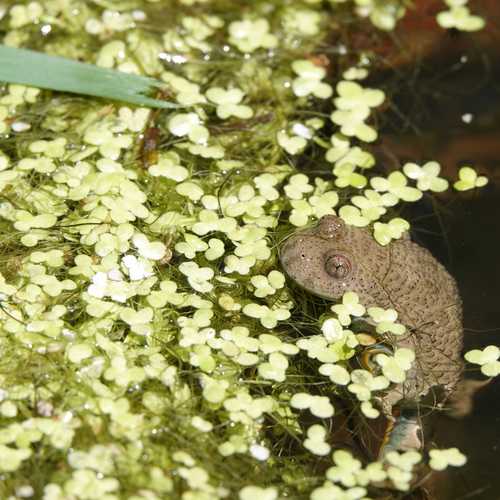
Bund für Umwelt und Naturschutz Deutschland
- EAZA Conservation Categories: Habitats, Species and Populations
- Habitats: Artificial - Aquatic
- Country: Germany
The abandoned porphyry* quarry "Leferenz", located in Dossenheim (Germany) just 5 kms away from Heidelberg Zoo, has become an important biodiversity hotspot for regionally endangered amphibians such as the European green toad (Bufo viridis) and the European yellow-bellied toad (Bombina variegata).
Hot summers have sadly led to water shortages and breeding ponds dry up before amphibian larvae can complete their metamorphosis. The amphibians are also threatened by invasive raccoons preying on adults and larvae. Action is needed to prevent the loss of these endangered species.
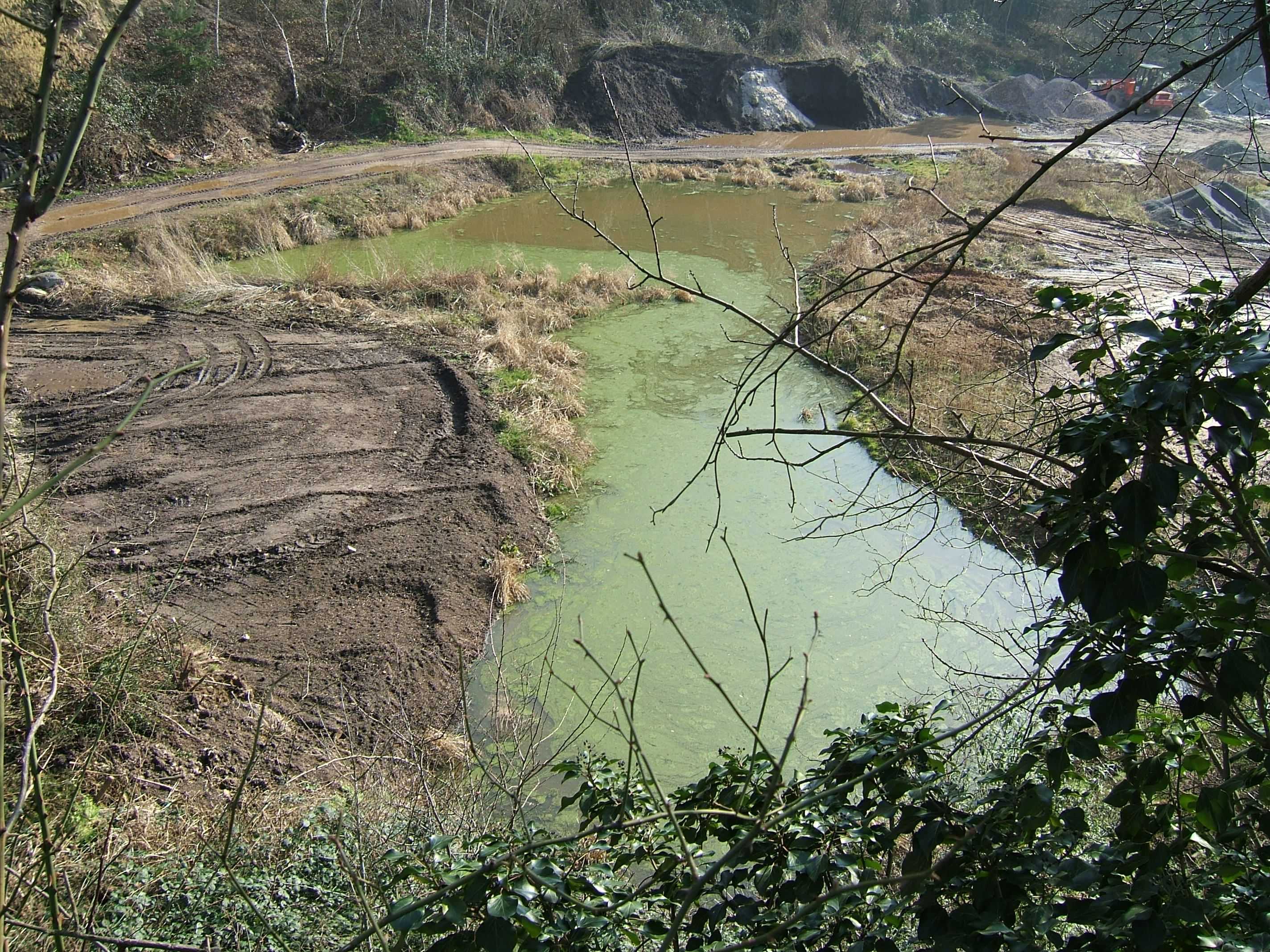
Local amphibian enthusiasts from the Bund für Umwelt und Naturschutz Deutschland (BUND), a local wildlife conservation organisation, have been working ambitiously for many years to protect this exciting habitat.
The team regularly removes the False acacia trees that shade the breeding ponds and delay the development of tadpoles, increasing the risk that the biotopes will dry out before the larvae have completed their metamorphosis. They also supply the ponds with collected rainwater to prevent them from drying out. In addition, invasive raccoons are hunted.
The financial support provided by Heidelberg Zoo since 2021 has enabled, among other things, to purchase large containers and build water basins as replacement habitats, creating new spawning sites.
In 2021, the stainless steel tubs were used for the first time. Intensive monitoring that year reported 170 juvenile yellow-bellied toads - the highest number since 2017! Only 41 adult and sub-adults were recorded in 2021. Two years later, there were 53 toads, meaning that we were able to start reversing the trend in a short time. This is an important milestone for the conservation of the yellow-bellied toad population.
Together with BUND Dossenheim's main representative, Michael Ziara, the zoo has also initiated a project to reintroduce little owls (Athene noctua) and supplement their population.
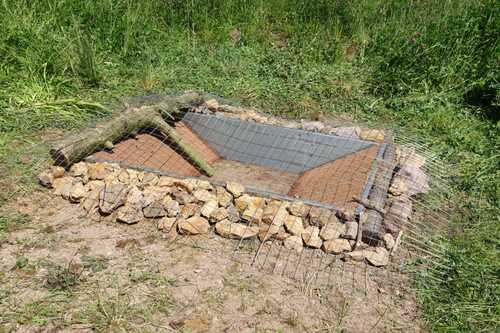
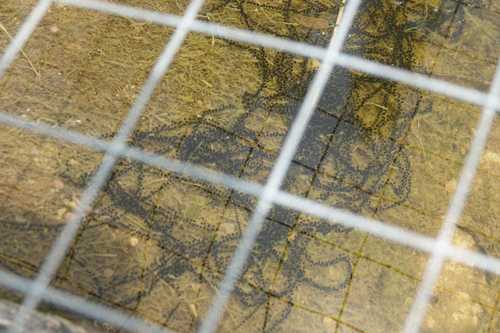
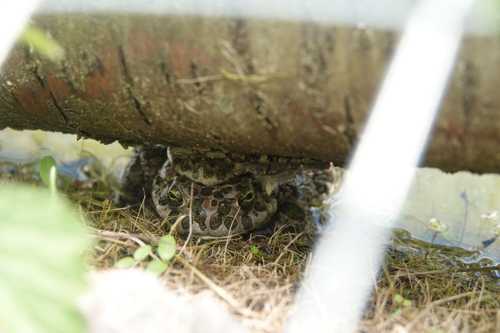
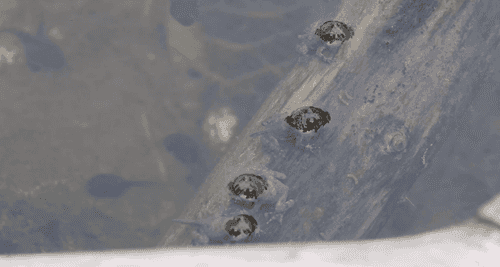
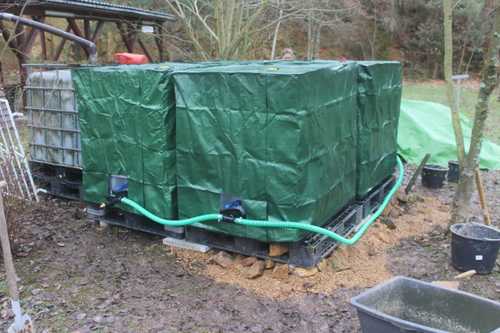
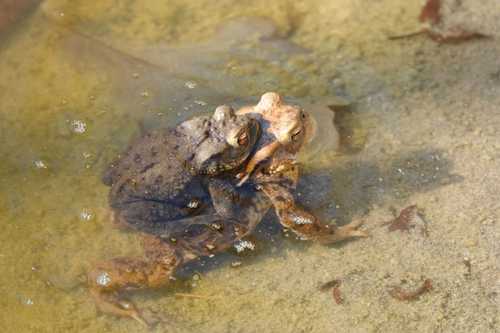

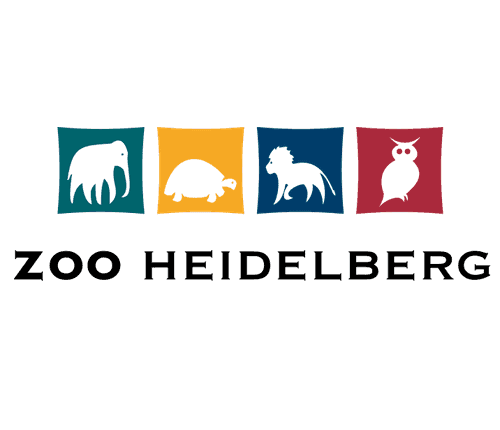
Pictures © Patricia Reister and Michael Ziara
